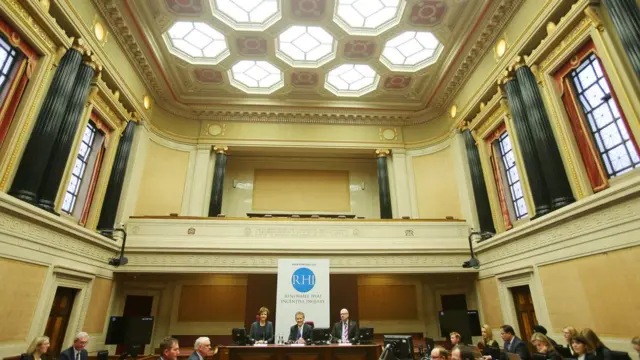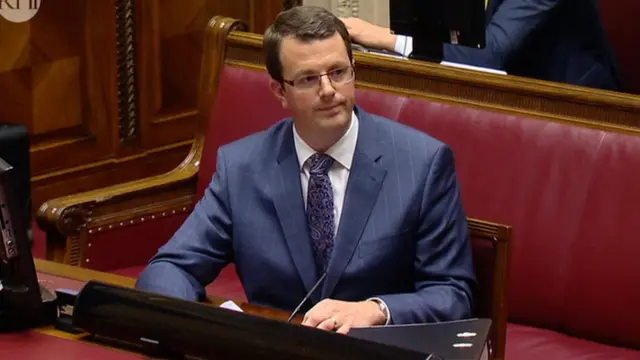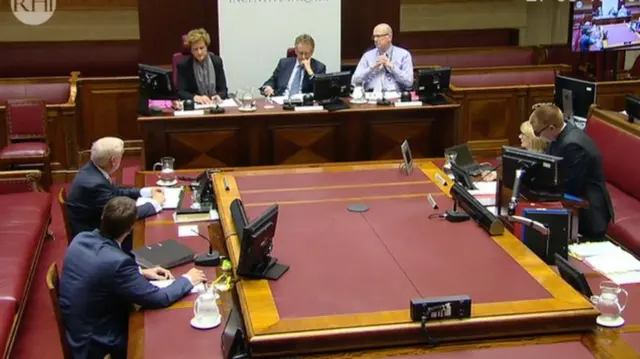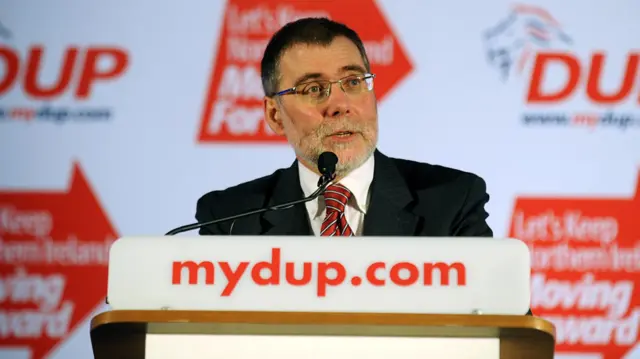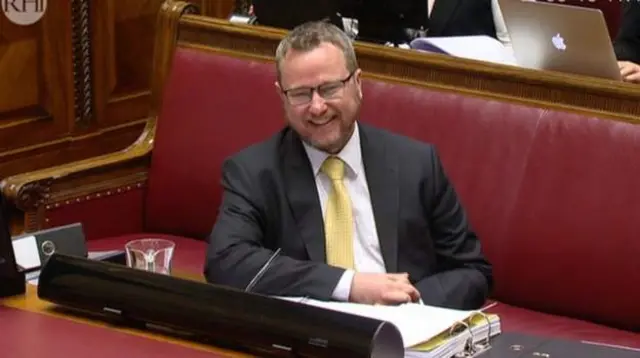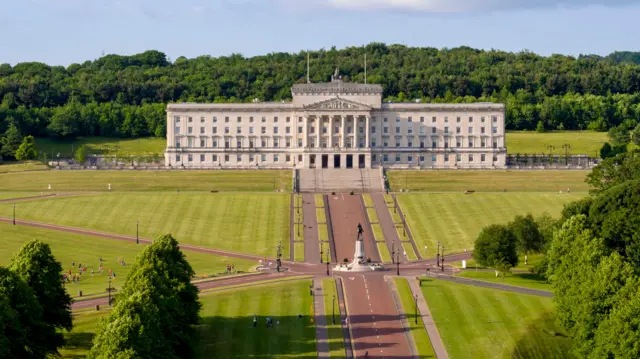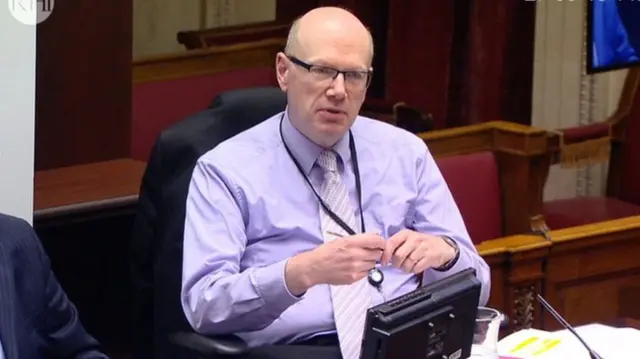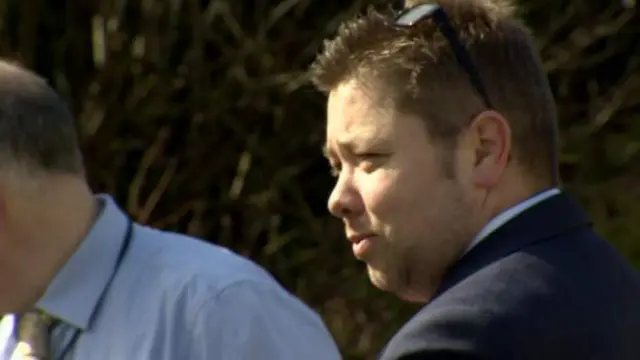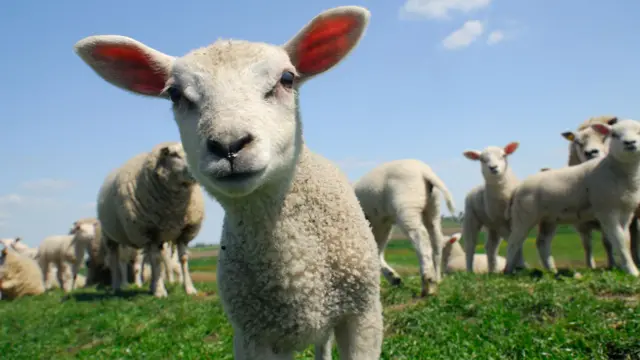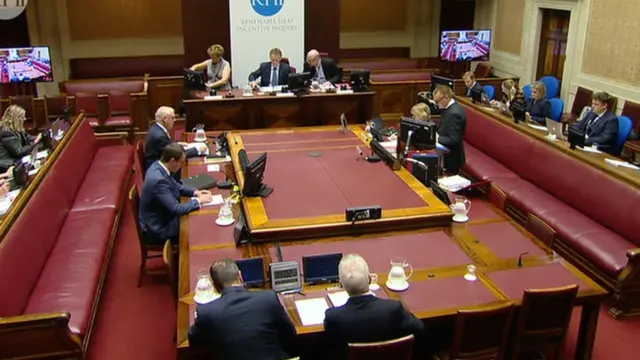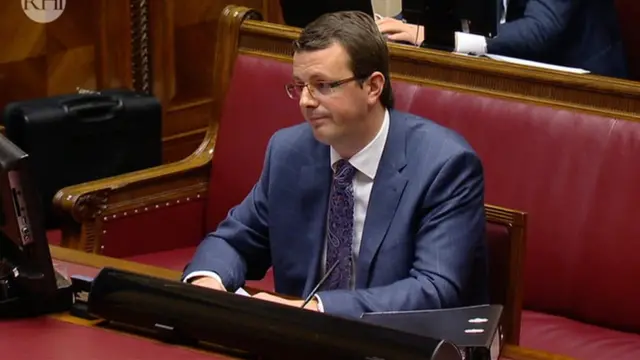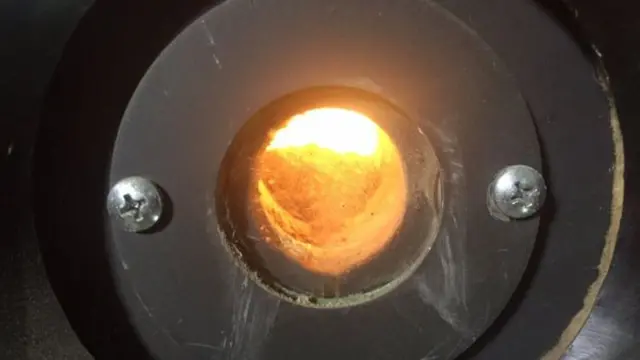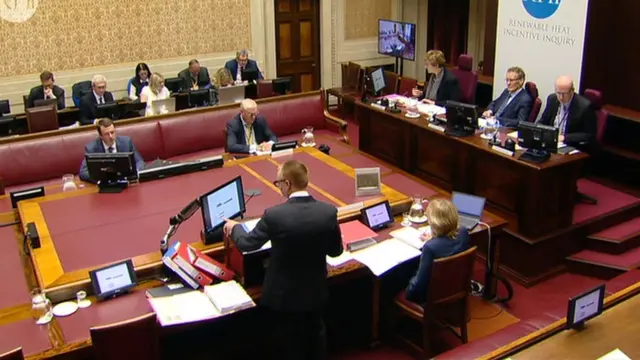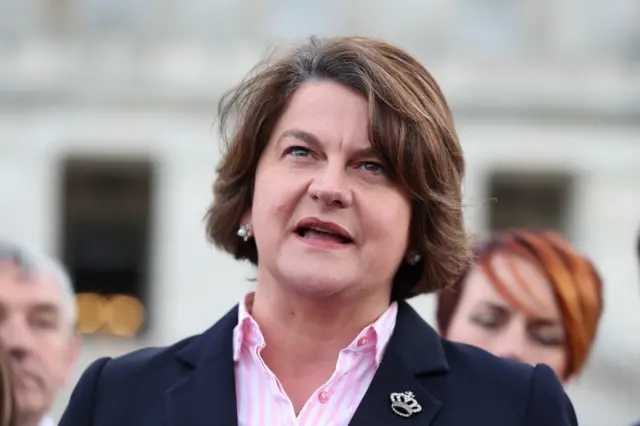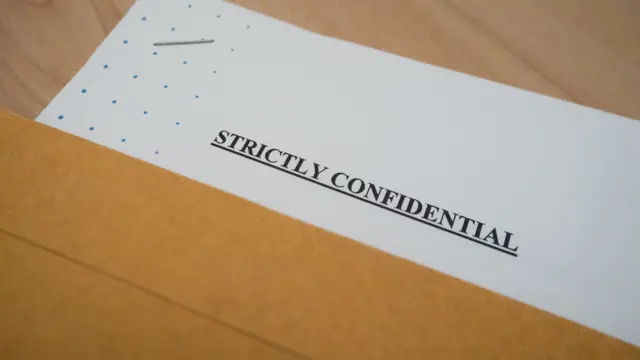That's all for today...published at 17:01 BST 27 September 2018
It's fair to say that Stephen Brimstone has had a challenging couple of days in the hotseat at the RHI Inquiry.
That isn't the end of the scrutiny for the DUP, though.
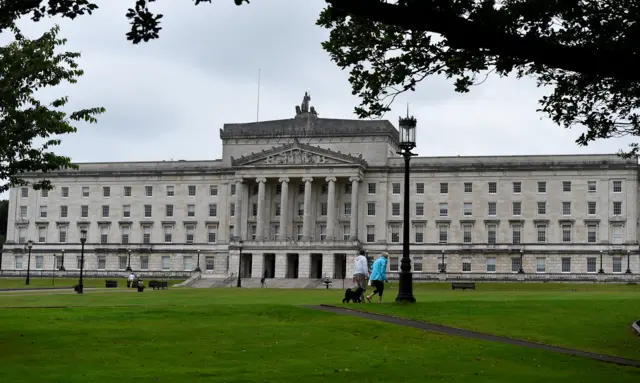 Image source, AFP
Image source, AFPThere'll be another big day at the inquiry tomorrow when Timothy Johnston - the DUP's chief executive and a former adviser to three first ministers - will be in the spotlight.
If you want some bedtime reading, his statement and that of the former DUP leader Peter Robinson have been published on the inquiry's website, external.
Join us at 09:45 tomorrow - for now, though, have a great evening...
